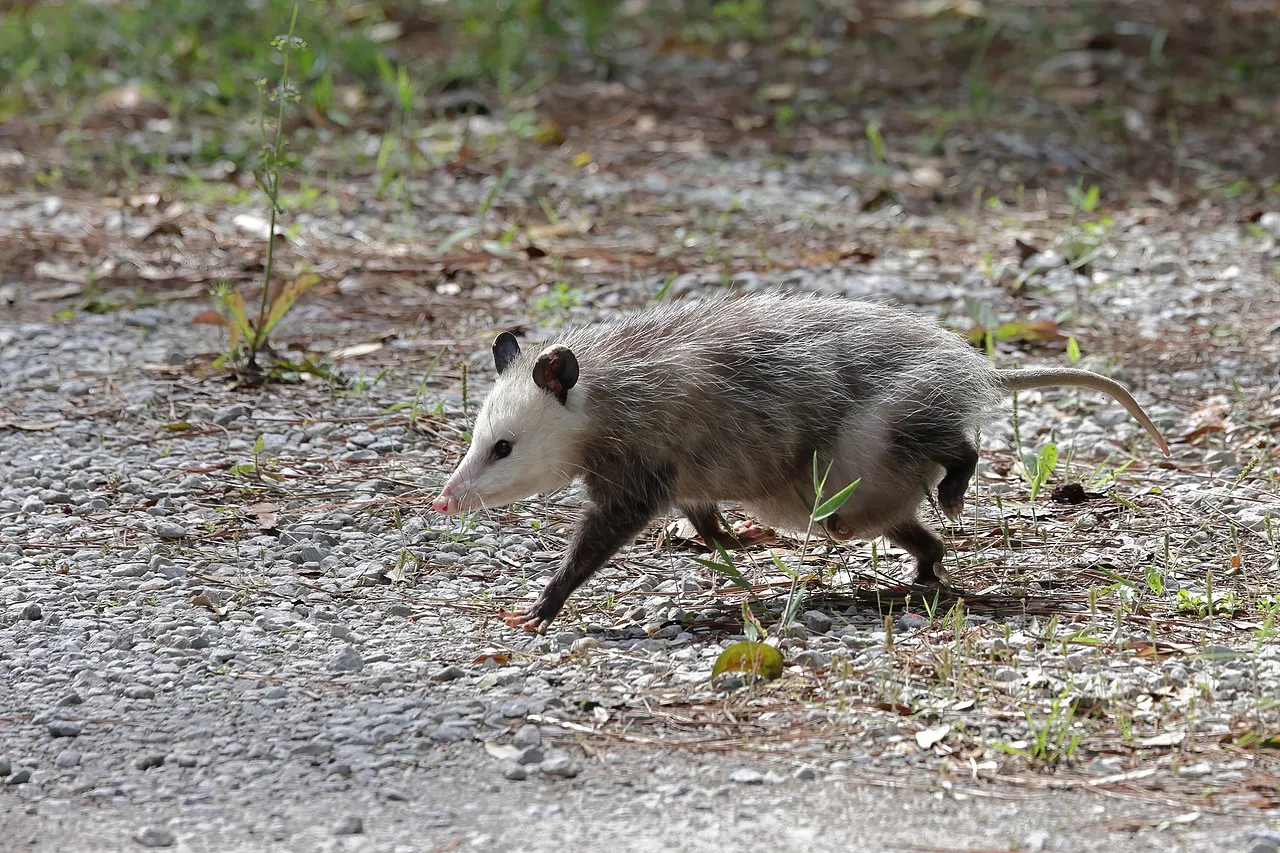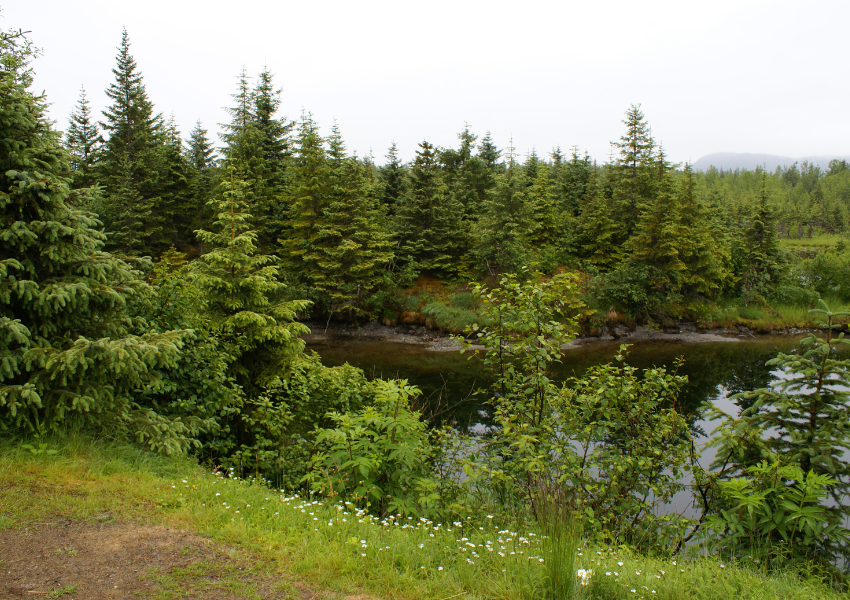Envision a future free from animals killed on roads

End Roadkill is more than just a cool message.
It’s a vision for the future—a future free from wildlife being killed on roads, a future in which ecoengineering incorporates wildlife bridges and wildlife corridors into highway and housing planning, and a future in which habitat is treated as equally important as humanity.
The End Roadkill umbrella includes marketing and fundraising initiatives such as the End Roadkill Pennsylvania project and the Pennsylvania Wildlife Samaritans calendar to raise funds for wildlife rehabilitation in the Keystone State. 100 percent of proceeds from all initiatives and products sold through The Wildlife Corridor Store Unlimited also support wildlife rehab in Pennsylvania.
What are wildlife rehabilitators?
- People who give tirelessly of their time, energy and resources for wildlife
- People who work around the clock for wild animals and are not permitted to ask for money for their services
- People who work like “postpartum moms” for wildlife, all year long!
- People who drive for hours to pick up a sick or injured animal for rescue and rehab
- People we don’t have enough of
There is NO state or federal funding for wildlife rehabilitation. All our staff works on a volunteer basis. They love the animals and want to help those that can't help themselves.
– Helping Hands Wildlife Center, Schuylkill County
Did you know? An estimated one million animals are killed on roads in the United States every day.
And while most animals that are hit by cars don’t survive, some of the lucky ones make it into the care of wildlife rehabilitators.
Wildlife rehabilitators are a special breed of their own, caring for orphaned, sick, and injured wildlife to be released back into the wild. They have proficient knowledge of all kinds of animals, from birds and bunnies to raccoons, foxes, squirrels, bats, and turtles, and they must have special permits for housing and handling of these creatures.
Wildlife rehabs are always understaffed and underfunded. They need monetary support for food, medicine, cleaning supplies, housing materials, and various items required to care for the animals we care so much about.
End Roadkill Pennsylvania endorsed by State Rep. Mary Jo Daley
“Wildlife rehabilitation centers need our help! These centers take care of all species of wildlife that have been injured by vehicles on Pennsylvania roads. The professional staff of wildlife rehabilitation centers are often assisted by dedicated volunteers who spend hours of their own time caring for animals with all types of injuries. The goal is for rehabilitated wildlife to return to their natural habitat. Pennsylvania ranks as one of the top states in accidents involving animals. Conservation corridors can help us to move down in those rankings.
For the reasons stated above, I am pleased to endorse End Roadkill PA.” – State Rep. Mary Jo Daley*, 148th District/Montgomery County
Representative Daley introduced House Resolution 670, a resolution directing the Legislative Budget and Finance Committee to conduct a study and issue a report on the feasibility of establishing conservation corridors in this Commonwealth.
Read House Co-Sponsorship Memoranda.

What’s the latest on conservation corridors in Pennsylvania?
Read up and listen in. This article from PennEnvironment provides great information about wildlife corridor research and undertakings in Pennsylvania. Also have a listen to this podcast featuring Representative Mary Jo Daley and PennEnvironment clean water advocate Stephanie Wein.

Keep in touch!
Stay tuned for occasional updates on wildlife challenges and progress in the United States.
Articles for wildlife-lovers
Roadkill is a horrific yet common problem that affects many different species of animals, but some animals are more susceptible to being …
Roadkill is a common and tragic problem that affects both wildlife and humans. It occurs when animals are hit and killed by …
Protecting wildlife habitat is essential for the preservation of biodiversity and the health of our planet. Habitat destruction is a major threat …
If you’re a nature lover, you may want to help wildlife in your garden. There are many ways you can do this, …



